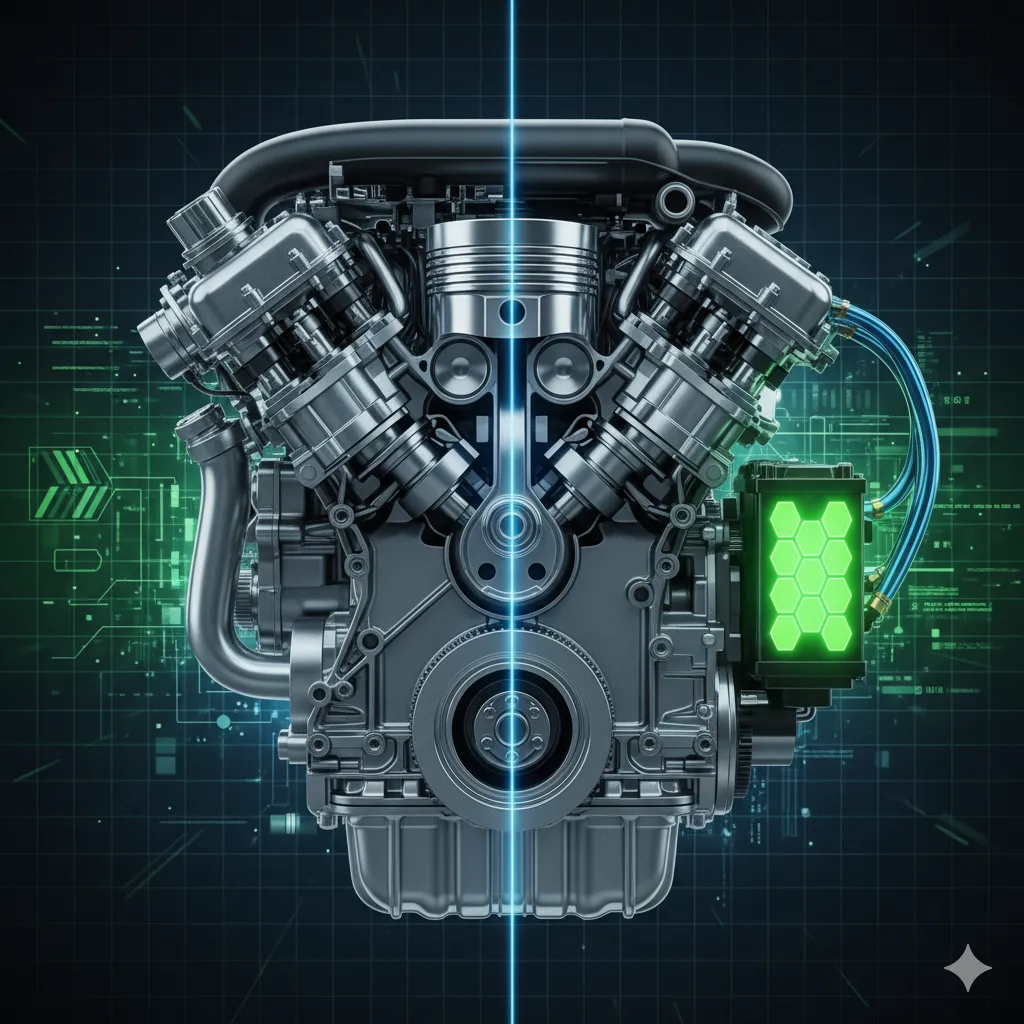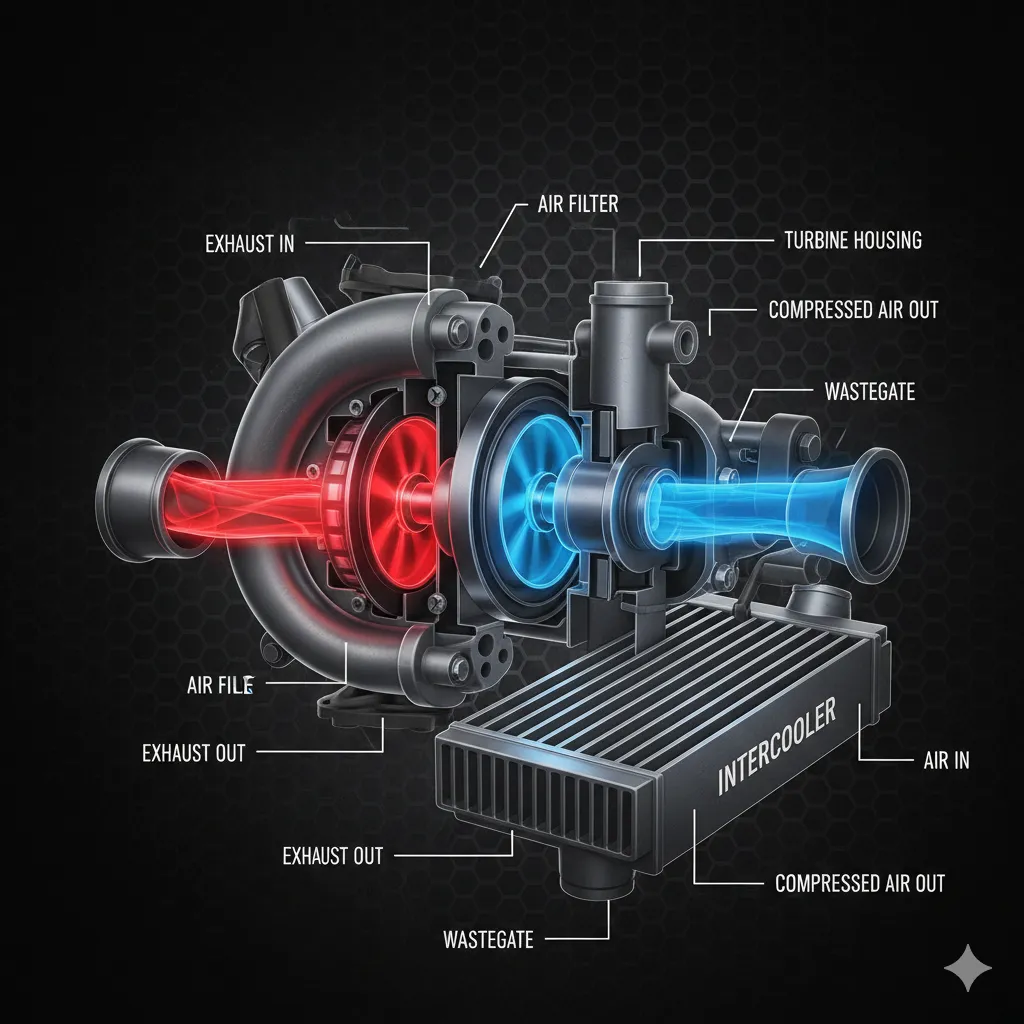
Toyota vs Honda: Which Lasts Longer? The Ultimate Durability Showdown.
🚗 Introduction: The Longevity Legacy of Japanese Automakers
For decades, the nameplates Toyota and Honda have stood as global benchmarks for reliability and longevity. When a car shopper asks, "Which car lasts the longest?" the answer almost always comes down to these two Japanese titans. They are the brands that consistently dominate studies of vehicles reaching high mileage—a quarter-million miles or more.
But the question remains: When pitted against each other, which one truly holds the crown for durability? Is the difference between a Toyota and a Honda just a matter of miles, or does it come down to engineering philosophy, maintenance, and specific models?
This comprehensive guide dives deep into the data, expert analysis, and owner experiences to definitively answer the burning question: Toyota vs Honda: Which lasts longer?
The Data Doesn’t Lie: Longevity by the Numbers (H2)
To settle the "Toyota vs Honda" debate, we must look at concrete evidence—namely, large-scale studies that track vehicles well into their lifespan.
iSeeCars' High Mileage Analysis (H3)
Independent research firm iSeeCars conducts one of the most respected studies on vehicle longevity, analyzing millions of cars to determine which models and brands have the highest statistical probability of reaching 250,000 miles or more.
-
Toyota's Lead: In their recent "Longest-Lasting Cars" study, Toyota overwhelmingly took the top brand spot. The brand's likelihood of reaching 250,000 miles is nearly four times the industry average. Furthermore, Toyota models dominate the individual vehicle rankings, with SUVs like the Sequoia and 4Runner often leading the pack.
-
Honda's Strong Finish: Honda consistently ranks second or third, proving it is also in an elite class. Models like the Honda Ridgeline, Pilot, and Odyssey are disproportionately represented in the high-mileage club, reflecting the brand’s commitment to building reliable powertrains and chassis.
The verdict based on raw longevity data is clear: Toyota models, as a brand, have a statistically higher chance of reaching extreme high mileage.
Consumer Reports and J.D. Power Reliability Scores (H3)
While longevity focuses on the maximum miles a car can achieve, reliability measures how often a car breaks down. These two metrics are intrinsically linked. Both J.D. Power and Consumer Reports consistently place Toyota and its luxury division (Lexus) at or near the very top of their annual reliability surveys. Honda and its luxury brand (Acura) are always close behind, usually ranking in the top five.
This data demonstrates a shared core strength: both brands utilize proven, robust engineering designs that minimize unexpected and severe mechanical issues. When maintained properly, both a Toyota and a Honda are engineered for a very long life.
Engineering Philosophies: Simplicity vs. Performance (H2)
The slight difference in longevity often boils down to the distinct engineering approaches of the two companies. This difference is a crucial LSI keyword in the long-term reliability discussion.
Toyota: The Conservative Approach (H3)
Toyota’s engineering philosophy is often described as conservative and evolutionary. They are reluctant to rush new, unproven technology into their mainstream vehicles.
-
Proven Parts: Toyota tends to use parts, platforms, and engines that have been refined over several generations. This focus on long-term durability and proven architecture is why their severe repair rate remains extremely low.
-
Built to Withstand Neglect: While no car should be neglected, Toyota's overbuilt nature means its cars tend to tolerate less-than-perfect maintenance schedules better than many competitors—a factor that greatly aids in their long-term survival.
Honda: The Innovative Approach (H3)
Honda, while equally reliable, often leans toward performance and innovation. They are known for their lively engines (like the VTEC family) and more engaging driving dynamics.
-
Complex Components: In recent years, Honda has adopted more complex technologies faster, such as smaller-displacement turbocharged engines and sophisticated transmissions (including earlier generations of CVTs in some models). While often reliable, these more advanced components can sometimes introduce minor issues or be more costly to repair if an issue arises outside of the powertrain's warranty period.
-
Maintenance Sensitivity: While Honda is reliable, owners sometimes report that their models are slightly more sensitive to consistent, timely maintenance than comparable Toyota models.
Ownership Costs: Maintenance and Resale Value (H2)
A car that lasts longer must also be affordable to keep on the road. This is where the long-term cost of ownership comes into play.
-
Annual Maintenance Costs: According to multiple reports, the average annual maintenance cost for both brands is remarkably low. Honda often has a slight edge in lower average annual maintenance costs, though the difference is minimal (e.g., $428 for Honda vs. $441 for Toyota).
-
Severe Repair Costs: However, Toyota takes the win in the severe repair rate category, with a lower percentage of vehicles needing major, costly repairs. This translates to more predictability and fewer financial surprises as the miles climb.
-
Resale Value: Both brands are kings of retained value. They consistently top "Best Resale Value" lists. A well-maintained Toyota or Honda holds its value better than almost any other brand, making your initial purchase a wiser investment.
Specific Model Showdown: A Closer Look (H2)
The comparison truly depends on the specific vehicle segment. A direct match-up reveals a few interesting trends:
| Segment | Toyota Model | Honda Model | Longevity Edge |
| Mid-Size Sedan | Camry | Accord | Toyota Camry (often slightly higher long-term mileage stats) |
| Compact Car | Corolla | Civic | Honda Civic (very close, Civic often has better driving dynamics) |
| Compact SUV | RAV4 | CR-V | Toyota RAV4 (historically fewer severe issues, especially in older models) |
| Truck/Large SUV | Tundra/Sequoia | Ridgeline/Pilot | Toyota (models consistently dominate the 250k+ mile rankings) |
The pattern holds: for absolute maximum longevity potential, Toyota's traditional SUVs and trucks often top the lists, but in the sedan and crossover segment, the brands are extremely close, with the choice often coming down to personal preference for driving feel.
🔑 Key Takeaway for the Buyer (H2)
If your single, most important criterion is reaching the absolute highest mileage landmark possible, and you plan to run the vehicle until the wheels fall off, the data suggests Toyota has a fractional, but measurable, advantage in overall long-term durability. Their conservative engineering simply makes them more statistically likely to cross the 250,000-mile mark.
However, the difference between a high-mileage Toyota and a high-mileage Honda is often determined by a single, critical factor: scheduled maintenance. A poorly maintained Toyota will fail long before a meticulously maintained Honda. If you follow the recommended service schedule, either brand will deliver a phenomenal lifespan and superb long-term value.
FAQs: Toyota vs Honda Durability
Q1: Do older Toyotas or Hondas last longer?
A: In older models (pre-2015), the consensus is that Toyota often showed slightly better resistance to major, severe repairs, giving it a slight edge in maximum life. Both are still far superior to the industry average.
Q2: Which has lower repair costs, Toyota or Honda?
A: On average, Honda often registers a slightly lower annual maintenance and repair cost. However, Toyota has a lower severe repair rate, meaning the chance of a sudden, catastrophic, and expensive breakdown is marginally lower with a Toyota.
Q3: Is the reliability difference between Toyota and Honda significant?
A: No, the difference is negligible for the average driver. Both are extremely reliable and long-lasting brands. The small statistical lead Toyota has in the "longest-lasting car" studies is not a dealbreaker for most buyers. Your personal driving habits and maintenance frequency will have a greater impact on your car’s lifespan than the brand you choose.
Conclusion: The Winner is... You (H2)
The rivalry between Toyota and Honda is a win for the consumer. You are choosing between two of the most reliable and long-lasting automotive brands in history.
If the goal is to drive your car well past the 250,000-mile mark, current longevity data gives Toyota a slight numerical edge in a head-to-head comparison of brand-wide performance. However, if you are diligent with maintenance and prefer a slightly more engaging driving experience, a Honda is a stellar choice that will also serve you for many years and miles.
Ultimately, the winner of the Toyota vs Honda durability contest is the savvy buyer who chooses either brand and commits to a strict, proactive maintenance schedule.




